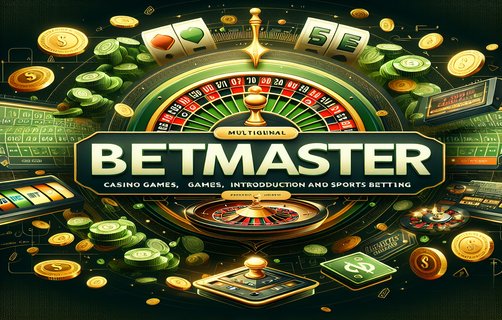The Dynamics of Live Poker Games: Insights into Strategy and Engagement
लाइव पोकर खेलों की गतिशीलता: रणनीति और जुड़ाव में अंतर्दृष्टि


Live poker games embody a unique blend of strategy, psychology, and community engagement. Understanding the various elements that impact gameplay can significantly enhance both the player experience and the operational efficiency of poker tournaments. This analytical piece explores critical areas such as bet distribution, live blackjack tournaments, dealer role-playing, chip counting, payout approval processes, player reaction shots, and real-time bets.
Bet distribution is a fundamental aspect of poker that affects game dynamics. It refers to how wagers are placed during a game and can reveal players' strategies and psychological states. A successful player recognizes patterns in bet distribution, using them to make calculated decisions that could lead to victory. Analyzing patterns can also help dealers and organizers maintain the integrity of the game by ensuring that bets are placed fairly.
In the context of live blackjack tournaments, the stakes are inherently different from traditional poker games. Here, the rhythm of the game can accelerate, making quick thinking essential. Tournaments often create an atmosphere of high tension, where players must not only rely on their card strategy but also on their ability to read their opponents. Observing player reactions during critical moments can provide valuable insights into their psychological strengths and weaknesses, thus guiding their future play.
The role of the dealer in live poker games is multifaceted. Dealers not only manage the flow of the game but also act as mediators between players, keeping the atmosphere engaging and balanced. A trained dealer can enhance the gaming experience by reading the room, responding to player moods, and facilitating an atmosphere that encourages competition without fostering hostility. Their role is pivotal in ensuring that games run smoothly and that players remain engaged.
Another crucial component is chip counting, a seemingly mundane yet essential activity. Accurate chip counting not only ensures transparency but also allows players to strategize effectively. In an environment where every chip counts, counting becomes a game in itself. Efficient chip management by dealers contributes to the overall pace of the game, keeping players invested in the progression of the tournament.
The payout approval process in live poker games is vital for ensuring players feel satisfied with their participation. A streamlined and transparent payout system builds trust within the player community. Ensuring that payouts are handled quickly and efficiently prevents frustrations and maintains enthusiasm among participants.
Lastly, real-time bets and player reaction shots create a rich tapestry of interaction in live poker games. The immediacy of placing bets and seeing reactions allows for dynamic gameplay that differs from online poker. These elements cultivate a shared experience among players, heightening excitement and engagement throughout the tournament.
In conclusion, the intricate dynamics of live poker games are shaped by several interconnected components that create an engaging atmosphere. By focusing on areas such as bet distribution, dealer interactions, and real-time player experiences, both players and organizers can enhance their approach to poker, leading to highly satisfying experiences for all involved.

comments
PokerGuru91
This analysis really highlights the intricate elements of live poker games. The role of the dealer is often overlooked but crucial.
QueenOfHearts
I love how the article breaks down the psychology behind player reactions. It gives great insight into strategy!
AceHighAlex
Chip counting may seem trivial, but it truly affects the pace of the game. Great point made here!
CardShark22
The focus on payout processes is so important. Trust is key in these settings!
BluffMaster
Real-time bets bring an energy that online games just can’t match. I appreciate this article!
HighStakesHenry
Fantastic breakdown! Bet distribution can change the entire game dynamic. Well done!